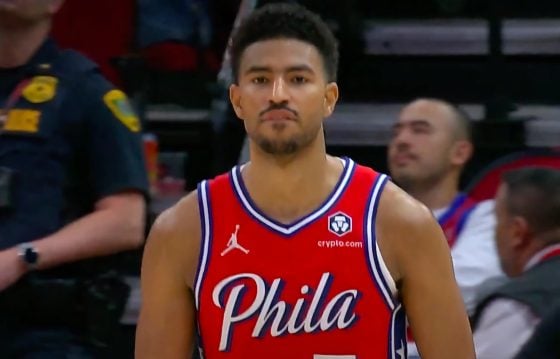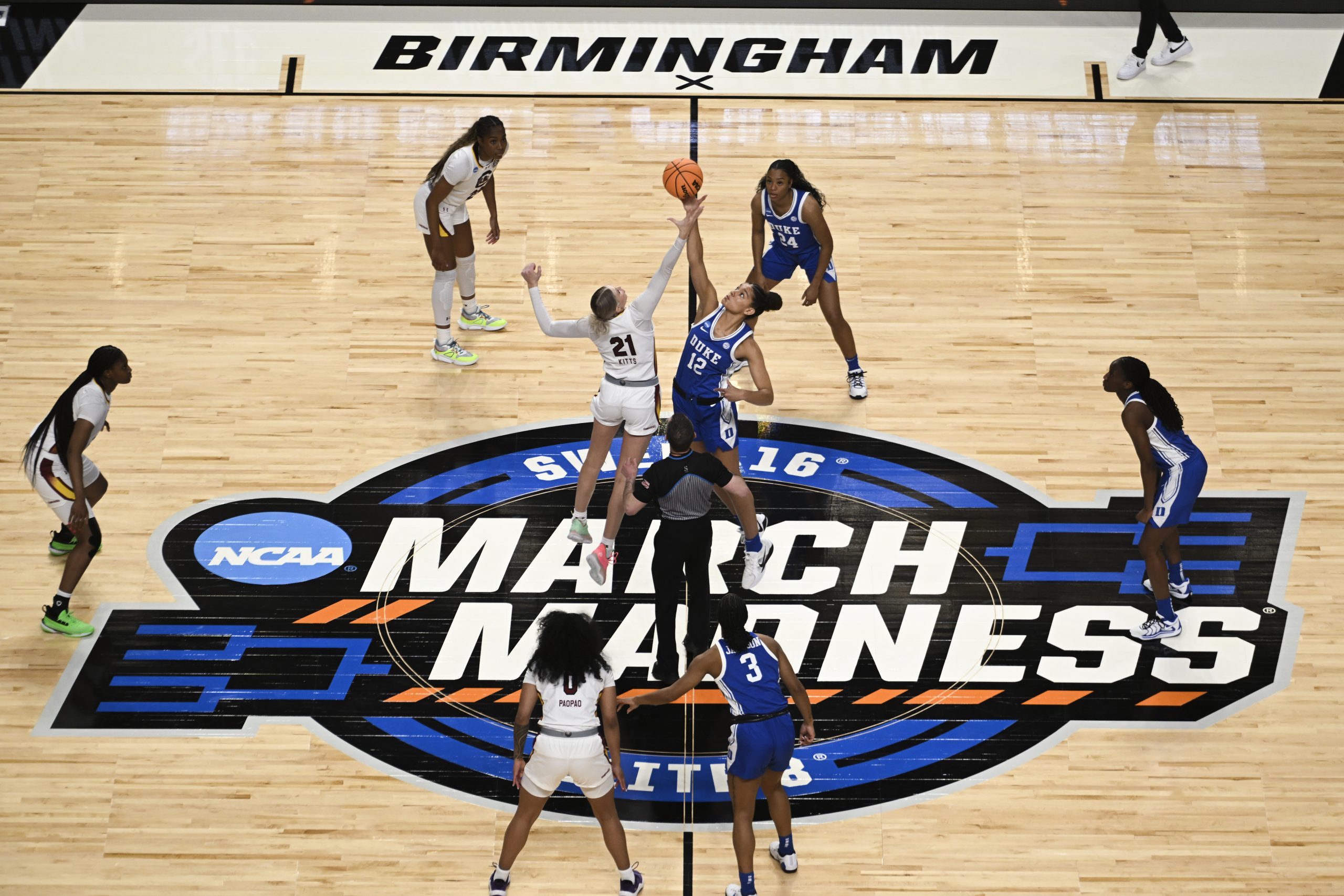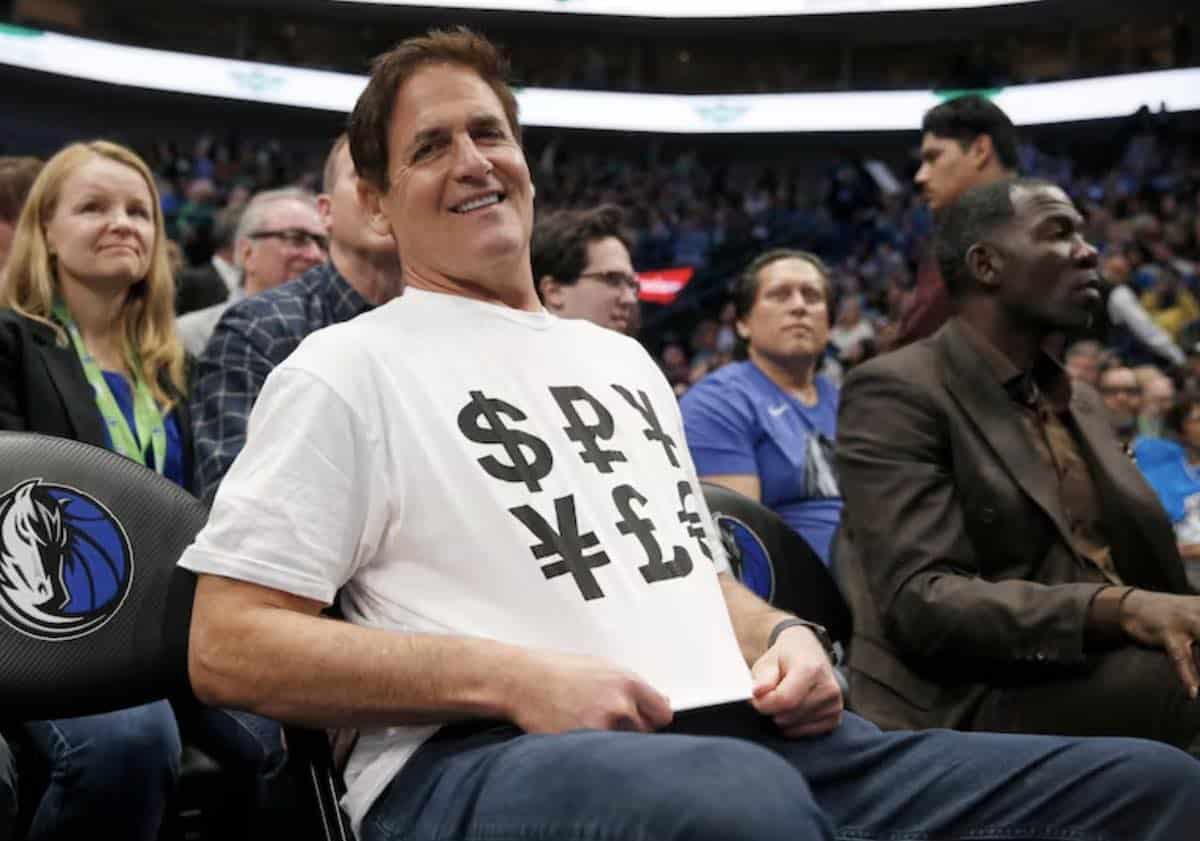It’s an old joke that not only was Ringo Starr not the best drummer in the world, he wasn’t even the best drummer in the Beatles.
The line is frequently attributed to John Lennon, and occasionally to Paul McCartney, but its roots probably date back to a relatively obscure British comedian named Jasper Carrott.
It’s got legs, though, because it taps into a relatively simplistic view of Richard Starkey’s contributions to the Beatles. People are still saying it, and people still believe it.
Ringo’s oddball technique and his stripped-down kit furnish evidence to his detractors. He can’t, they insist, be a good drummer using that setup and those methods. The fact that “Rain” is the only song in the Beatles catalog in which Ringo’s drumming takes a role front-and-center is also marshalled as evidence that pretty much any above-average drummer could’ve been plugged into the Fab Four and they would’ve remained Fab. In fact, if the Beatles were that good with Ringo, imagine how good they’d have been with a great drummer!
This, of course, misses the point entirely. You might not think you’re listening to the drums in, say, “Come Together,” but you really are. You just don’t notice how good they are, because, well, that’s how good they are.
It’s a stripped-down tune, as compared to a lot of the Beatles’ later stuff, so give it a listen—and listen to just one thing. Listen to the cymbals. And pay attention to just one thing about the cymbals. Notice that Ringo is either playing them continuously or not at all. Ringo’s use of the cymbals gives the whole song its structure. Ringo makes the song unforgettable by what he doesn’t do, not by what he does.
So we’re entering into the Finals with the consensus being that, while the Celtics may be the best team, the Mavs unquestionably have the best player. Luka Doncic does so much for the Mavs, we are told, that he must be the best player on either team.
The nice thing about such claims is that they’re 100% unfalsifiable. You never have to back down from a claim like that because it can’t possibly be disproven. It’s functionally equivalent to “my grandmother makes the best chocolate chip cookies.”
Any attempt to substantiate such claims of relative greatness on the court boil down to arguments about numbers. And of those numbers, points, rebounds, and assists usually take center stage.
Luka is ‘obviously’ the best player in the series because his ‘big three’ stats are way higher than Jayson Tatum’s.
But—and I know this sounds crazy—what if it’s not that simple?
As Dave Grohl, no slouch of a drummer himself, once said about the whole “best drummer” debate, “Is it someone that’s technically proficient? Or is it someone that sits in the song with their own feel?”
Tatum is in the exceptionally odd position of being a spectacular player on a team that was not built around him.
The Celtics are, in some ways, Tatum’s team, and to be sure, he leads the team in usage (slightly) and he’s the most important player on it, but the Celtics weren’t built to be Jayson Tatum and the Tatum-tots.
Tatum has always shared the court with multiple All-Star and All-NBA caliber players, and this season especially he’s been on a team that, depending on lineup, has five guys who can bring the ball up court, initiate offense, defend, and score.
So, what does this mean? It means that you just can’t look at Tatum’s production without considering context, because basketball is a collaboration just like music.
Take “A Hard Day’s Night,” as an example. The discordant blast that opens the song is not the work of just one Beatle—Harrison’s chord is most prominent, but there’s also piano and drum kit contributions. And after that, the composition remains brilliant due to its balance. The foundation of the song, the drums, bass, and rhythm guitar are so in sync that it wouldn’t be inappropriate to talk about Ringo ‘strumming’ the cowbell, or Lennon and Harrison drumming out a beat on their guitars. The genius is the collaboration. The rhythm section builds a rock-solid foundation that the vocals and Harrison’s solo just float above.
Where, then, is the greatness? Is it in the most obvious contribution, the vocals? Is it Harrison’s closing arpeggios that inspired Roger McGuinn and launched the folk-rock movement? Or is it the joy of synchronicity in the noisy rhythms that featured input from every member of the band?
Do you really want to make that choice?
So when Jayson Tatum has a quiet night, as he did in the C’s closeout against Miami, finishing with only 16 points, is that a reflection on his greatness? Is Ringo’s far from ostentatious brilliance, his ability to make a song great without drawing the slightest bit of attention to himself a reflection on his ability?
Because Tatum didn’t just score 16 points in that closeout game, he was +35 in a game the C’s won by 34, and where the second closest Celtic on that stat was +25. He was the margin of victory in that contest, not because he insisted on taking over the game, but because he played a team game the right way.
By contrast, Luka Doncic scored 37 points, yet finished -20 in the team’s March 1 contest with the Celtics, and he scored 33 points and finished -13 in the team’s January 22 game against the C’s. Only P.J. Washington’s -22 in the March contest saved Doncic from the dubious distinction of having the worst plus-minus to go along with the highest point total for Dallas in both games.
If there was a time, earlier in his career, where Tatum cared about how he sat in the ‘best player’ hierarchy, where he cared about his individual stats over the W/L column, those days are over.
Now it’s possible that Luka Doncic is a better player than Tatum. Certainly there is a hierarchy of player skill, such that Jayson Tatum is clearly better at basketball than, say, Sam Hauser, but when it comes down to finer distinctions, well, that’s where more statistically minded folks than those who go as far as looking up numbers on Basketball Reference will tell you that there’s too much noise, and that the noise can’t be factored out.
Sure, Doncic has gaudier numbers than Tatum, but what of it? The Mavs need those gaudy numbers.
What the C’s need from Tatum is something entirely different.
British drummer Matt Helders once said of Ringo Starr, “I’d rather listen to a drummer who knows how to play to the song.”
Is it worthwhile to argue that Tatum is a worse player because the Celtics don’t need him to do what Doncic does? That they don’t need him to have a 36% usage rate, that they don’t need him to take dang near 24 field goal attempts a night?
If Ringo plays to the song, Tatum plays to the game.
There seems to be this idea out there that what a player does for a team is all that the player is capable of doing.
Such a notion is ridiculous. Basketball is a team game.
If I go down to a tennis court and watch a couple guys playing, I can be pretty sure that each one of those guys is doing everything they’re capable of doing, because to do otherwise means that you’re not trying to win.
That’s not how basketball works. That is soooooo not how basketball works.
Sure, in high school, or in college, or on really crappy NBA teams, you might have one guy who is so much better than everyone else that the coach pretty much lets him do whatever he wants, and the rest of the squad is just sort of along for the ride.
But that’s not how good teams work in this league. How many times was LeBron James the “best player” on the court for a team that lost in the playoffs? Certainly he was the best player on the Heat team that got snuffed out by the Mavs in 2011. He was the best player on the court when they lost to the Spurs three years later. In fact, he was the best player in the Finals pretty much every time his team lost.
And why did LeBron’s teams lose?
Because, again, basketball is a team sport.
Half of the championships awarded in NBA history have been won by just six of the league’s 350 coaches.
Yes, those coaches had to have a lot of talent playing for them, but consider how much talent they had to play against. Coaches win championships too, and history shows that some coaches are better at winning titles than others.
The Celtics won eight titles in a row and eleven titles in thirteen years by being the best team on the court over and over again.
Red Auerbach was a genius at constructing teams, not just drafting players. He’d put a guy like Satch Sanders on the court and tell him to do nothing but defend, and then, when Satch retired with an 8-0 record in the Finals, Red put his number up in the rafters, because he knew what Satch was worth. He knew what Satch contributed.
Someone on the outside, looking at that #16 up in the rafters and then pulling up Basketball Reference on their phone might be left with the conviction that Boston’s approach to retired numbers is of the “everybody gets a trophy” variety.
But individual stats didn’t matter to Red because basketball is a team game. Satch’s job was to go out there and make players like Jerry West look average. Sam Jones and Hondo could do all the scoring, that was their job. Satch’s job was to make life miserable for a particular individual on the other team, and he was very very good at it. He and his frontcourt counterpart Bill Russell understood that, in basketball, sometimes the best offense is a good defense.
While the modern game no longer admits the same sort of specialization that Red’s teams had in the 1960s, there’s a familiar feel to this year’s Celtics team. They are at their best, their almost unstoppable best, when they are playing as a team, when you honestly have no idea who’s going to take the next shot, when you see the defense move so precisely it would bring tears to the eyes of Twyla Tharp.
When the Celtics play like that, they can be the best in the world, worthy to wear the green and white and play under the banners of past champions and hopefully, raise one themselves.






